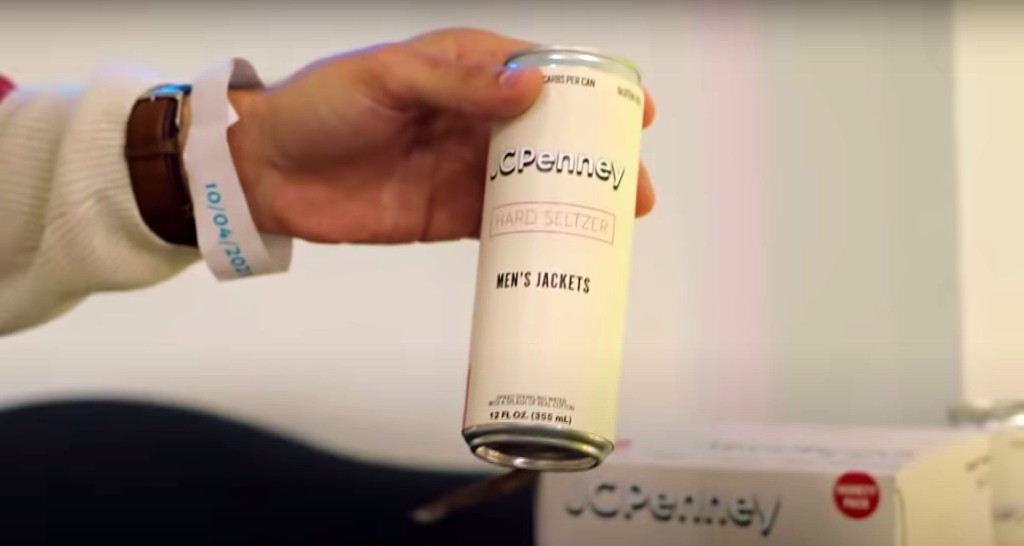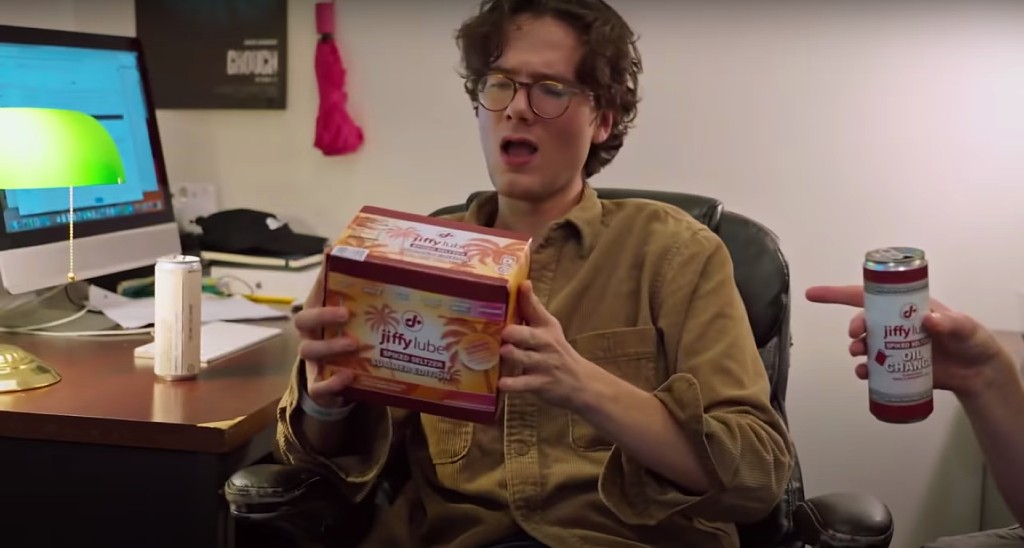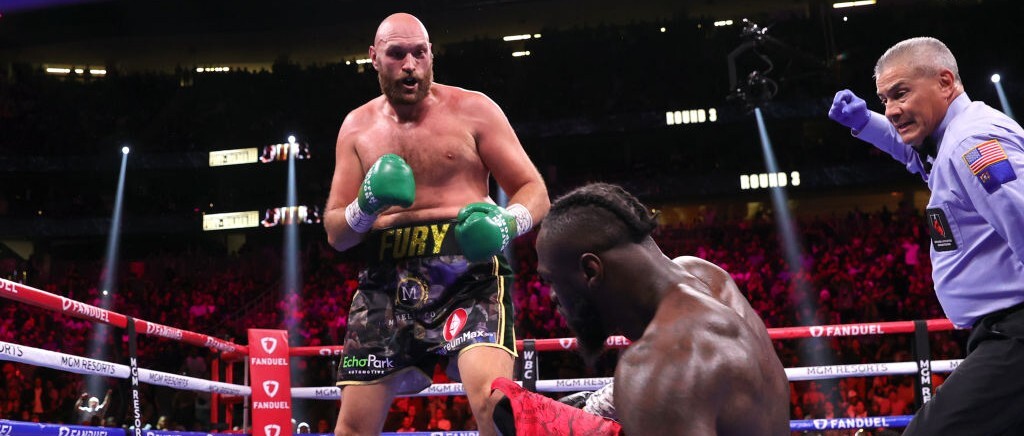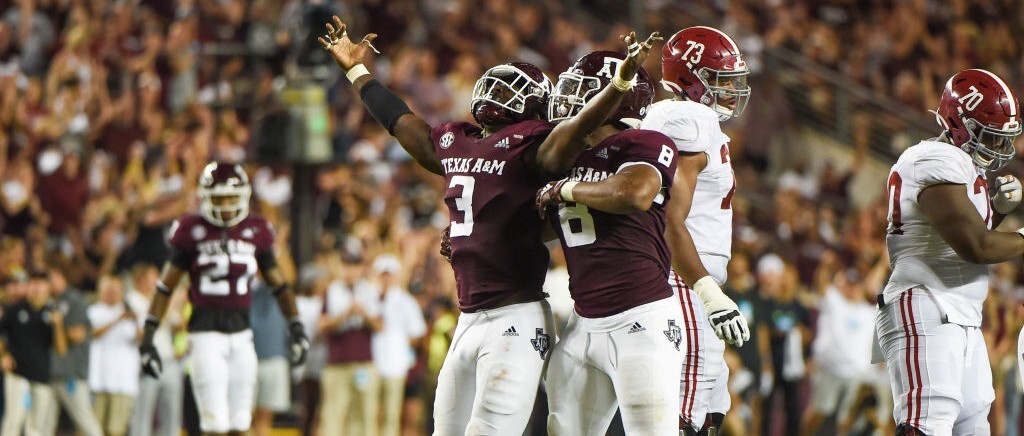
The Brooklyn Nets will open the season in Milwaukee against the Bucks on ring night for the now-defending champs, and for that game and their second contest in Philadelphia, they will be at full strength. However, when they return to the Barclays Center on October 24 for the start of a six-game homestand, they will play that stretch without the services of Kyrie Irving, who continues to refuse to get the COVID-19 vaccine and cannot play home games due to New York City’s vaccine mandate.
It is one of the strangest situations we’ve seen in some time, as a superstar player will, quite literally, not be able to play in 42 games this season — the 41 home games for the Nets and their one road game against the Knicks — as it stands now. There were reports the Nets could have “hard decisions” to make regarding Irving, but it appears that they have simply accepted the fact that they won’t have one of their stars for half of their season, as Steve Nash spoke about the situation matter of factly on Sunday.
Steve Nash on Kyrie Irving: “I think we recognize he’s not playing home games. We’re going to have to for sure play without him this year. So it just depends on when, where and how much.” #Nets #NBA
— Brian Lewis (@NYPost_Lewis) October 10, 2021
It’s not a wholly surprising quote at this point, but it’s just confirmation that the Nets are just going to try and figure out how to have a part-time starter, who only plays on the road. This is a franchise that has gone all-in on its Big Three and with all the good that comes with that on the court as the title favorites, it has also put them in a situation where they couldn’t do much to press Irving into getting the vaccine and now must go forward in a precarious position. They certainly have the talent to still make this work, but this isn’t a situation that seems like it will have a resolution before the playoffs and, for a team that figures to have homecourt advantage for at least one or two series, the margin for error and injury now for a team with title or bust expectations shrinks considerably.


 can you tell when we won?
can you tell when we won? 





 THIS TRILOGY
THIS TRILOGY 


